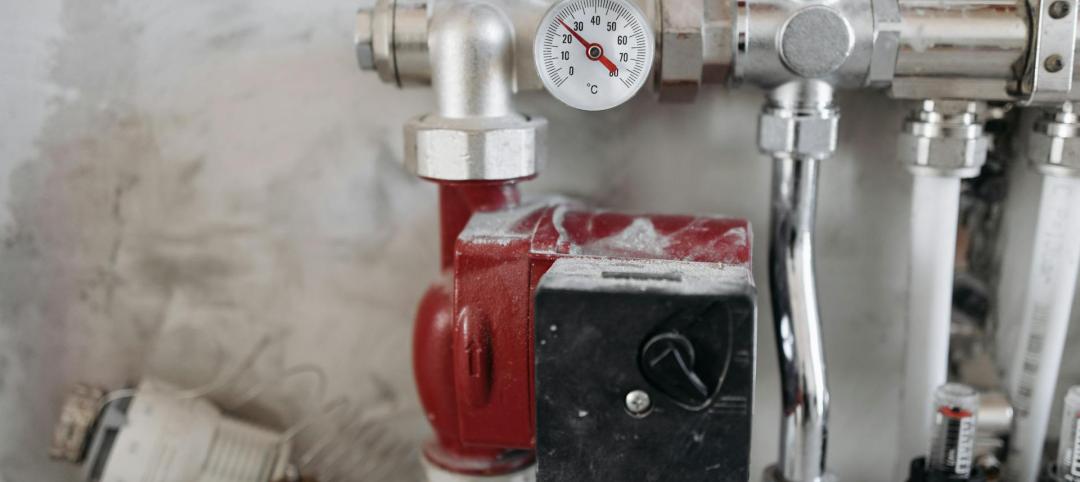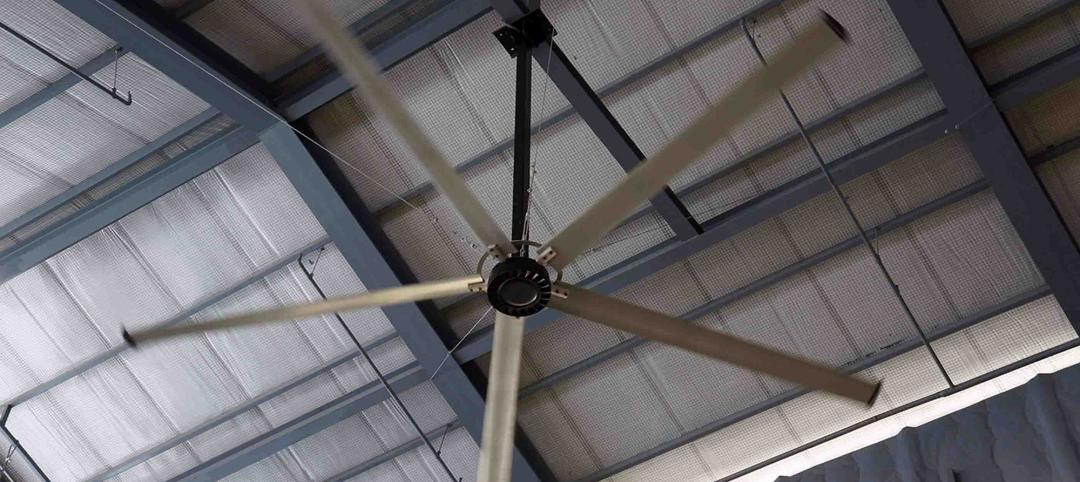After operating the first biomass boiler in the Ketchikan, Alaska, Federal Building, the U.S. General Services Administration (GSA) has concluded that biomass boilers are a viable alternative for hot-water-heated buildings where natural gas is unavailable.
According to a study by the National Renewable Energy Laboratory (NREL), biomass boilers will be most cost-effective for buildings in cold northern climates within 50 miles of a wood pellet mill. Of the more than 1,500 GSA-owned buildings, researchers identified approximately 150 assets as potential candidates for biomass heating technology.
“This study allowed us to pilot a sustainable technology that supports GSA’s goal of improving the efficiency of federally owned buildings,” said GSA Regional Administrator George Northcroft. “And the results are extremely encouraging and hopefully continue a larger conversation about overall movement toward a more sustainable, abundant and locally-produced energy source in Southeast Alaska.”
The biomass boiler is a renewable energy technology that powers hot-water-heating systems with solid wood fuel—such as wood pellets, chips, or sawdust. Biomass is one tactic the federal government is turning to as part of an effort to make the federal government more sustainable.
The boiler, installed at the Ketchikan Federal Building in March 2012 by Southwest Construction, a small, woman-owned business with operations in Anchorage, is part of the GSA’s Green Proving Ground (GPG) program. GSA replaced the building’s outdated, inefficient 1964 steam heating system with an energy efficient hydronic heating system that includes one biomass boiler and one high-efficiency oil-fired boiler that will serve as a back-up.
During the first year of operation, GSA ran the new system to test the efficiency and effectiveness of biomass to heat the federal office building. By using both boilers, GSA expected reduced fuel oil consumption by at approximately 50 percent in the first year with potential for greater reductions after the first winter. The Ketchikan Federal Building historically burned up to 9,000 gallons of fuel oil each year.
The Green Proving Ground program leverages GSA’s real estate portfolio to evaluate emerging sustainable building technologies. The program aims to drive innovation in environmental performance in federal buildings and help lead market transformation through deployment of new technologies.
Find this report, two other new reports, other previously released reports and more information about GSA’s Green Proving Ground program at www.gsa.gov/GPG.
Related Stories
M/E/P Systems | Oct 30, 2024
After residential success, DOE will test heat pumps for cold climates in commercial sector
All eight manufacturers in the U.S. Department of Energy’s Residential Cold Climate Heat Pump Challenge completed rigorous product field testing to demonstrate energy efficiency and improved performance in cold weather.
Smart Buildings | Jul 1, 2024
GSA to invest $80 million on smart building technologies at federal properties
The U.S. General Services Administration (GSA) will invest $80 million from the Inflation Reduction Act (IRA) into smart building technologies within 560 federal buildings. GSA intends to enhance operations through granular controls, expand available reporting with more advanced metering sources, and optimize the operator experience.
Industrial Facilities | Jun 8, 2024
8 ways to cool a factory
Whichever way you look at it—from a workplace wellness point of view or from a competing for talent angle—there are good reasons to explore options for climate control in the factory workplace.
HVAC | May 28, 2024
Department of Energy unveils resources for deploying heat pumps in commercial buildings
To accelerate adoption of heat pump technology in commercial buildings, the U.S. Department of Energy is offering resources and guidance for stakeholders. DOE aims to help commercial building owners and operators reduce greenhouse gas emissions and operating costs by increasing the adoption of existing and emerging heat pump technologies.
Codes and Standards | May 10, 2024
Guide on electrifying space heating for large commercial buildings with boilers released
The U.S. Department of Energy has released a guide on electrifying space heating for large commercial buildings with boilers. The guide summarizes key considerations for people seeking to retrofit existing large commercial and multifamily buildings, particularly those that currently heat spaces using fossil fuel-fired boilers.
ProConnect Events | Apr 23, 2024
5 more ProConnect events scheduled for 2024, including all-new 'AEC Giants'
SGC Horizon present 7 ProConnect events in 2024.
75 Top Building Products | Apr 22, 2024
Enter today! BD+C's 75 Top Building Products for 2024
BD+C editors are now accepting submissions for the annual 75 Top Building Products awards. The winners will be featured in the November/December 2024 issue of Building Design+Construction.
MFPRO+ News | Feb 15, 2024
Nine states pledge to transition to heat pumps for residential HVAC and water heating
Nine states have signed a joint agreement to accelerate the transition to residential building electrification by significantly expanding heat pump sales to meet heating, cooling, and water heating demand. The Memorandum of Understanding was signed by directors of environmental agencies from California, Colorado, Maine, Maryland, Massachusetts, New Jersey, New York, Oregon, and Rhode Island.
Sustainability | Feb 7, 2024
9 states pledge to accelerate transition to clean residential buildings
States from coast to coast have signed a joint agreement to accelerate the transition to pollution-free residential buildings by significantly expanding heat pump sales to meet heating, cooling, and water heating demand in coming years.
75 Top Building Products | Dec 13, 2023
75 top building products for 2023
From a bladeless rooftop wind energy system, to a troffer light fixture with built-in continuous visible light disinfection, innovation is plentiful in Building Design+Construction's annual 75 Top Products report.

















